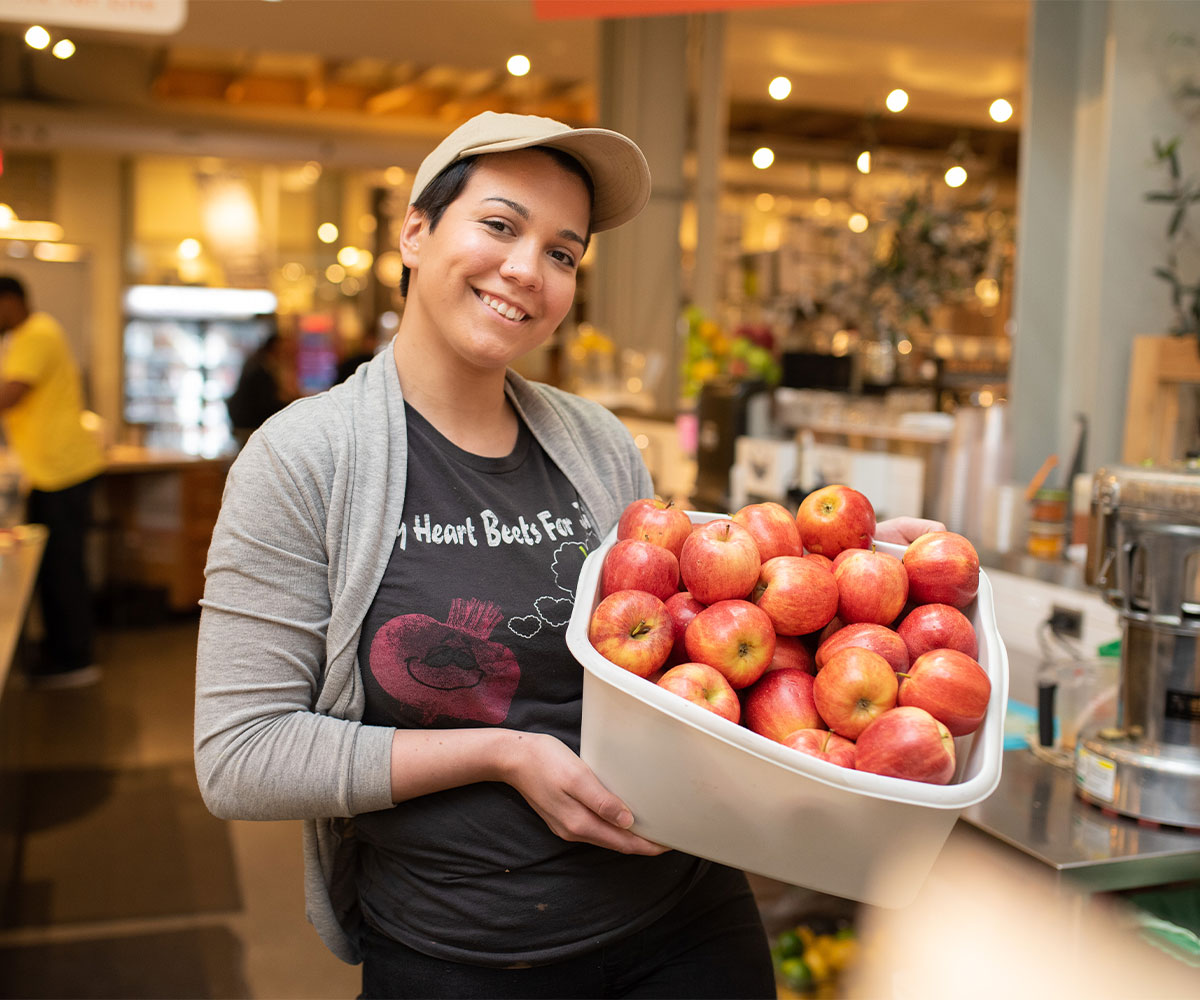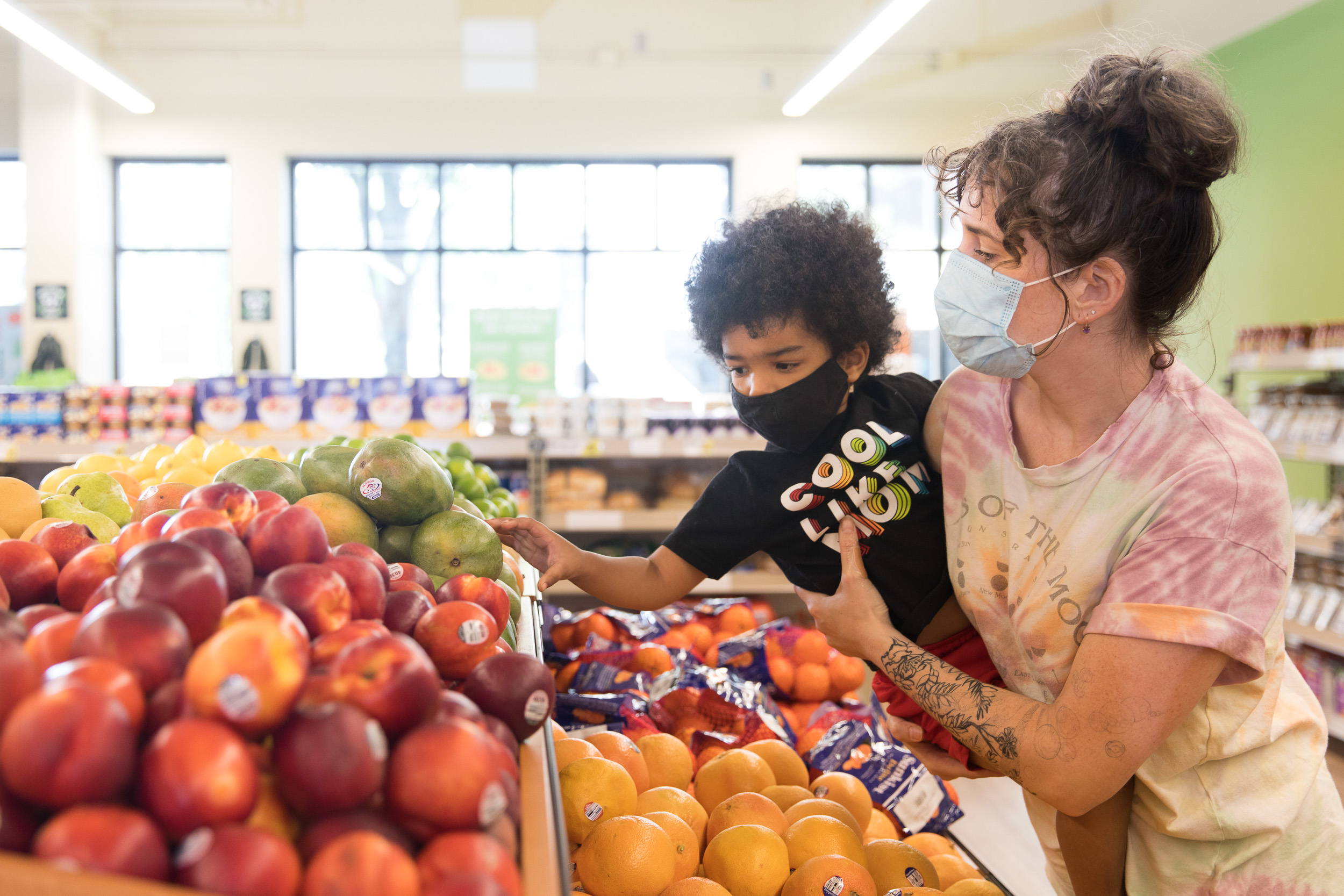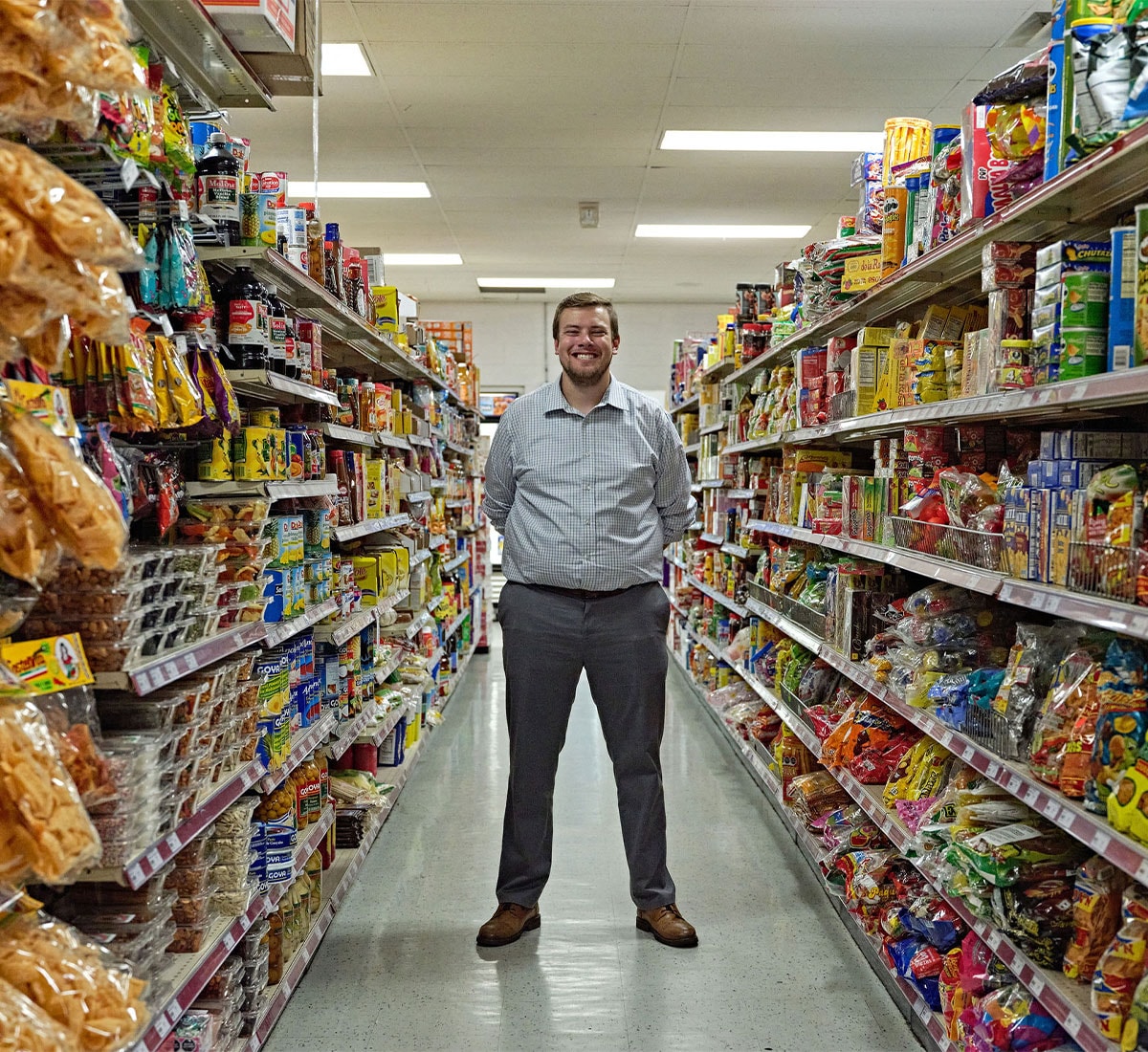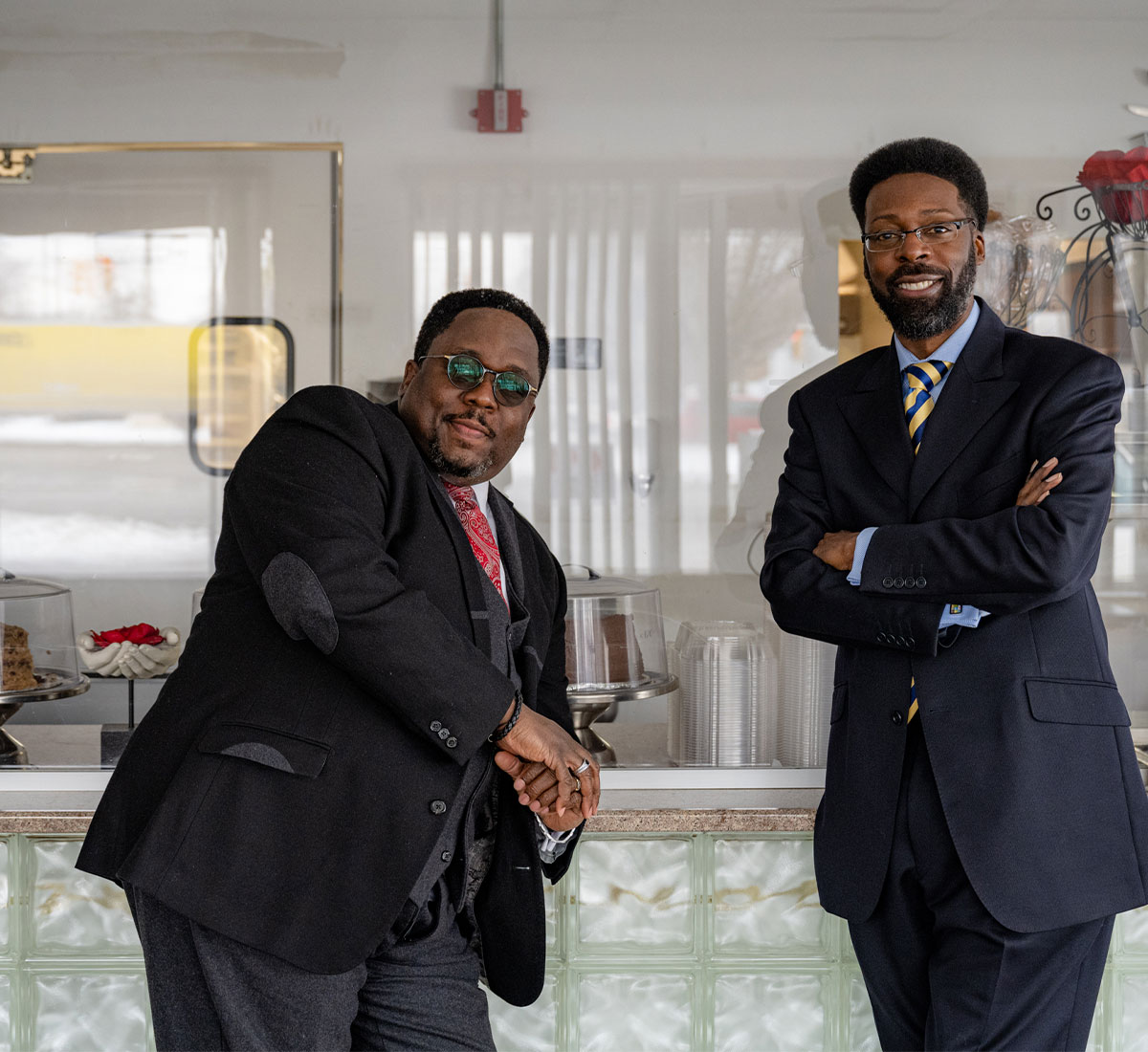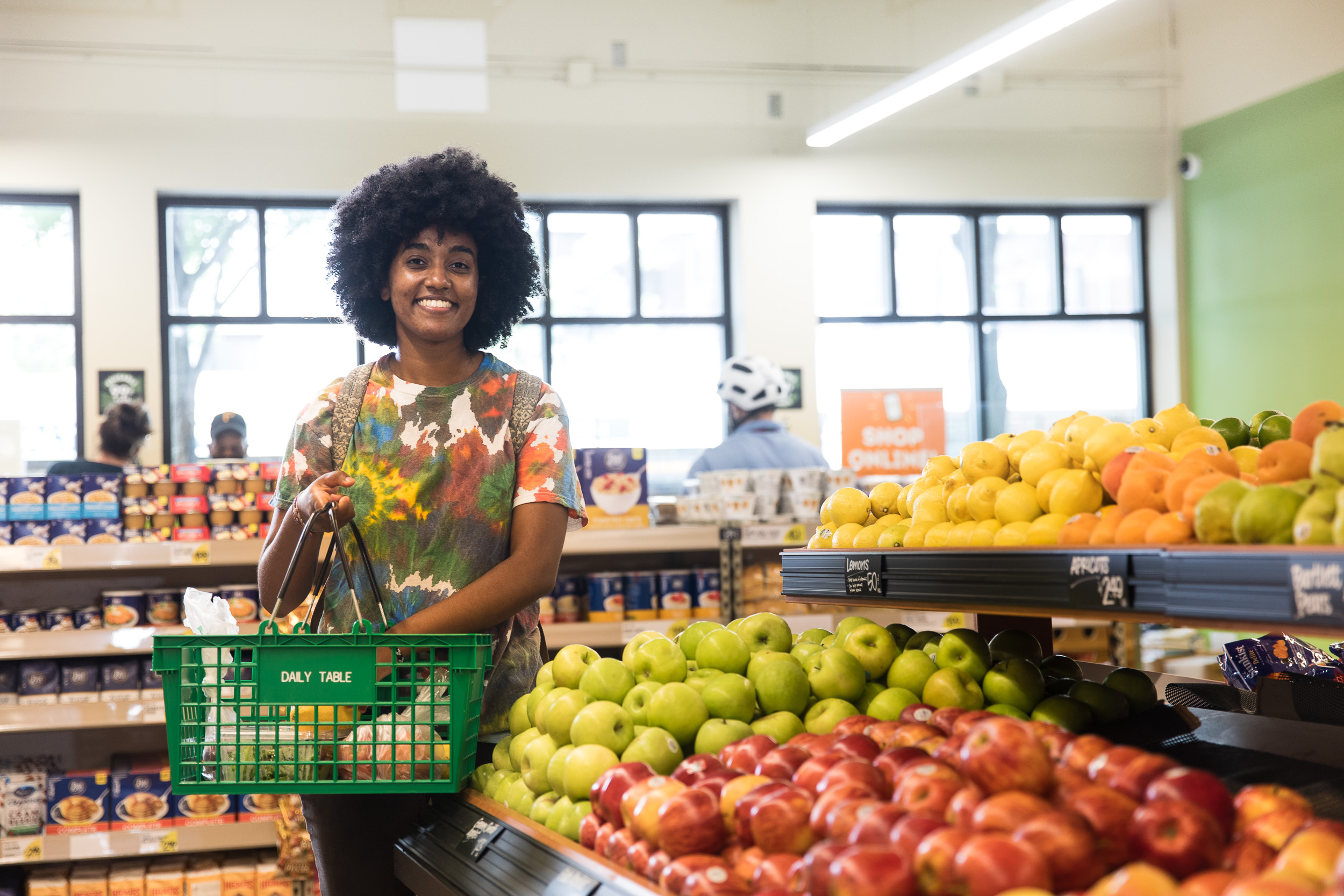
FAIR FOOD FUND
2021 Impact Report
Meeting the Moment
EXPLORE OUR PLACE-BASED WORK
Portfolio Overview
Financing Committed
(through Dec. 31, 2021)
Financing Outstanding
Investment Income
Total Investments (Since Inception)
Default rate
As of December 31, 2021, the annualized default rate since the Fund’s inception (2012) is .66% or 6.1% cumulatively. This includes all realized write-offs on an investment capital pool of $6.3 million.
Type of Business
Type of Structure
Financials
Balance Sheet
Assets
Cash
$5,848,538
Accounts Receivable
$64,402
PRI Loans Committed
$0
FFF Investments Outstanding
$2,681,053
Total Assets
$8,593,993
Liabilities and Net Assets Expenses
Loans Payable
$3,089,376
Accrued Interest
$11,721
Unrestricted Net Assets
$762,718
Temporarily Restricted Net Assets
$4,730,178
Total Liabilities and Net Assets
$8,593,993
Income Statement
Income
Government Grant Income
$0
Non-Government Grant Income
$1,150,000
Investment Income
$863,325
Other Income
$25,757
Total Income
$2,039,082
Expenses
Program Operating Expenses
$1,245,491
Technical Assistance Expenses
$108,717
Investment Expenses
$67,308
Total Expenses
$1,421,516
Net Income
$617,566
In the year to come, we will be focused on creating more opportunities to bring about transformative change as we invest in food businesses serving their communities. See below for highlights.

Jean Chorazyczewski
Program Director

Oran B. Hesterman, PhD
Founder & CEO

Kyama Kitavi
Investment Manager

Kate Krauss
Executive Director & COO
Incoming CEO

Joel Moyer
Director of Investments

Holly Parker
Chief Strategy and Program Officer

Lisa Sebesta
Senior Investment Strategist

Daniel Tellalian
Michigan Good Food Fund Consultant

Gail Turner
Information Manager
Investment Committee
Aviv Aviad
Managing Director
Cornus Consulting
Chris Bentley
Impact Fund Manager
Serious Change Investments
& Sustain VC
Oran B. Hesterman, PhD
Founder & CEO
Fair Food Network
Kate Krauss
Executive Director & COO
Incoming CEO
Fair Food Network
Michael Rozyne
Founder & Evangelist
Red Tomato
Lisa Sebesta
Founder
Sitari Capital
Daniel Tellalian
Principal
Angel City Advisors
Mark Watson
Co-Founder & President
Potlikker Capital


